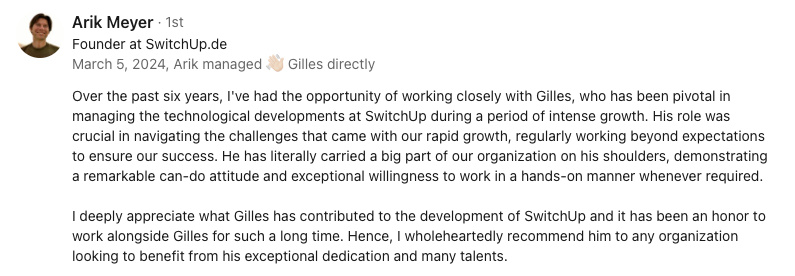Abstract:
In an era where data breaches are not just potential threats but inevitable occurrences, businesses must prioritize robust data protection strategies. This article explores advanced techniques for securing sensitive information, emphasizing the importance of encryption, effective cybersecurity strategies, and adherence to privacy regulations. It stresses the necessity of implementing multi-layered security measures such as two-factor authentication and regular security audits to identify vulnerabilities. Furthermore, it highlights how ongoing education and training on emerging threats can empower teams to prevent data breaches. By adopting a proactive approach to data security, companies can safeguard their valuable assets, maintain customer trust, and navigate the complexities of the digital world with confidence.
Mastering Data Protection TechniquesLet's tackle the elephant in the room: data breaches are more akin to a rite of passage in the digital age than a rare mishap. As a Chief Technology Officer, I've seen my fair share of security challenges and have come to a rather straightforward conclusion: a solid data protection strategy isn't just nice to have; it's essential for survival. The cornerstone of any robust defense system is encryption. Think of encryption as the digital equivalent of an unbreakable safe. It ensures that even if data falls into the wrong hands, it remains as indecipherable as my grandmother's secret recipes. But encryption isn't a silver bullet; it's merely the first layer of a comprehensive security strategy.
Now, onto the broader spectrum of effective cybersecurity strategies. This is where the plot thickens. Adopting a dynamic approach that evolves with emerging threats is crucial. For instance, integrating two-factor authentication adds an extra hurdle for would-be data thieves. It's like telling a burglar they need to get past the dog after they've already picked the lock. Furthermore, conducting regular security audits is akin to checking for cracks in the fortress walls. These audits shine a light on vulnerabilities that could be exploited if left unaddressed. Through this relentless pursuit of security, we not only protect data but also build a culture of vigilance.
Speaking of culture, let's not underestimate the power of ongoing education and training on emerging threats. It's one thing to have the best tools and policies in place, but if your team can't spot a phishing email, then you're bringing a knife to a gunfight. Regular training sessions keep everyone up to date on the latest schemes devised by cybercriminals. It transforms your team from a group of individuals into a unified defense force, ready to spot and neutralize threats before they can cause harm. Picture it as turning the lights on to scatter the cockroaches – knowledge is indeed power.
Moreover, the significance of adhering to privacy regulations cannot be overstated. In a world where privacy concerns are skyrocketing, compliance is not just about avoiding fines; it's about earning trust. By respecting regulations like GDPR or CCPA, we're not just ticking boxes; we're demonstrating to our customers that their data is in safe hands. This commitment to privacy strengthens relationships and fosters loyalty. Essentially, it's about doing the right thing, which, in the long run, pays off more than any shortcut ever could.
Finally, embracing a proactive approach to data security is akin to building a moat around your castle. It's about not waiting for the attackers to arrive at your doorstep but rather keeping them at bay. This proactive stance involves everything mentioned above and more. It means staying ahead of the game, anticipating threats, and being prepared to act swiftly and decisively. By adopting such an approach, companies can safeguard their valuable assets, maintain customer trust, and navigate the complexities of the digital world with confidence. After all, in the grand chess game that is cybersecurity, it's better to be the player than the pawn.














